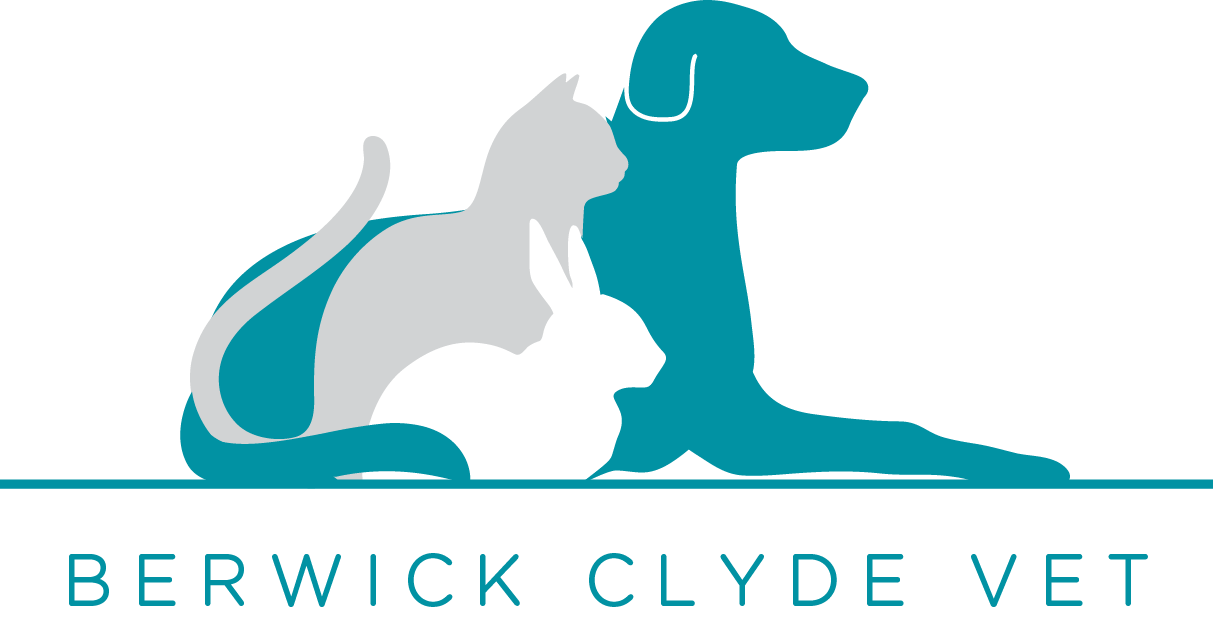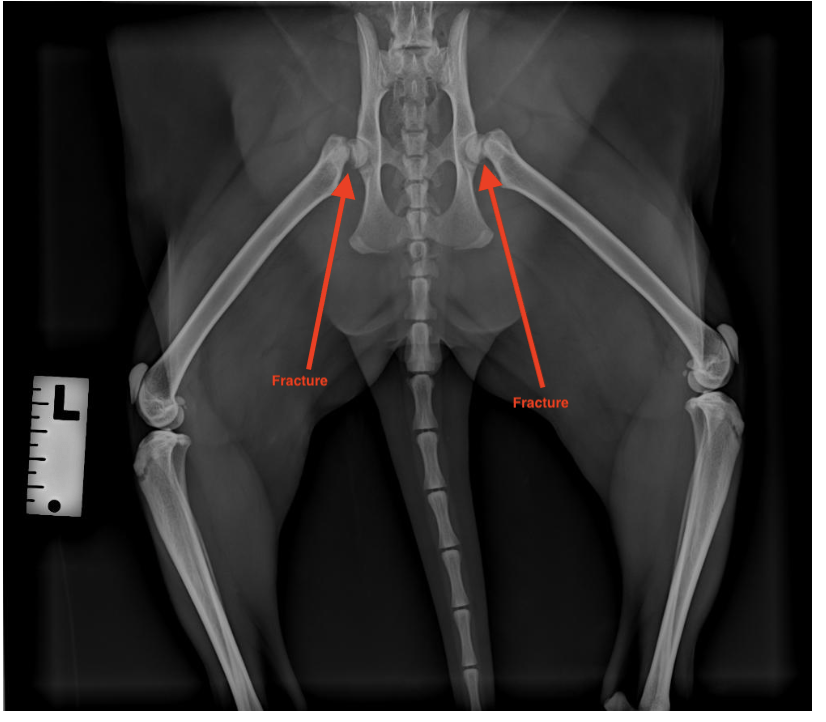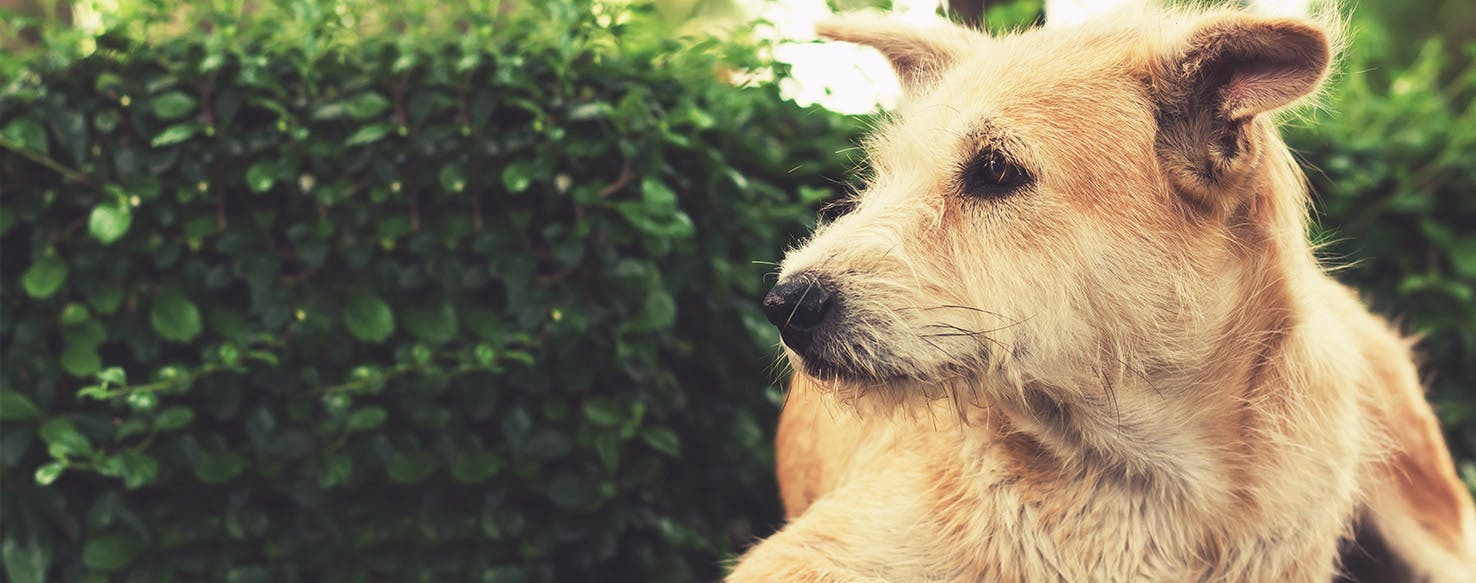Guinea Pigs
We offer comprehensive guinea pig care, including:
- general health checks
- emergency care
- medical and surgical treatments
- male desexing (castration)
- nutritional advice
- nail trims
- and referrals to exotic pet specialists

Guinea pigs are fascinating and social pets, requiring routine veterinary care. They thrive in herds or small groups, but new introductions may lead to aggression, especially among male guinea pigs (boars). Gradual introductions or castration can help reduce inter-boar aggression.


Housing & Enrichment
Provide spacious hutches, indoors or outdoors, with a minimum floor space of 60cm x 100cm per guinea pig. Protect outdoor enclosures from extreme weather. Keep their space dry and clean to prevent disease. Offer hiding spots and enrichment items for their well-being.
Dietary Requirements
Guinea pigs need Vitamin C in their diet, as they cannot produce it themselves. Vitamin C deficiency can cause serious health problems.
Here is a list of vitamin C-rich veggies that are safe for guinea pigs:
- Capsiucm
- Parsley
- Broccoli (stems and flowers)
- Kale
- Spinach
- Asian greens
- Brussels sprouts
- Cilantro
Remember to offer a varied diet and introduce new foods gradually to avoid digestive upset. Always wash veggies thoroughly and feed them in appropriate portion sizes to maintain a balanced diet for your guinea pig.
High-quality pellets can also supplement their vitamin C needs. The average daily vitamin C requirement for guinea pigs is 10-50mg/kg depending on their health status (e.g. growing, adult, pregnant/lactating, old).





